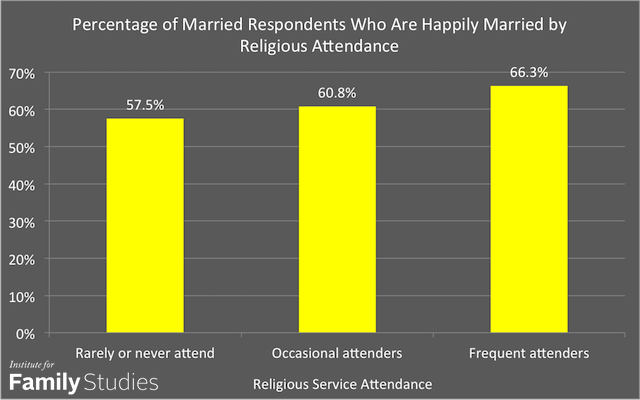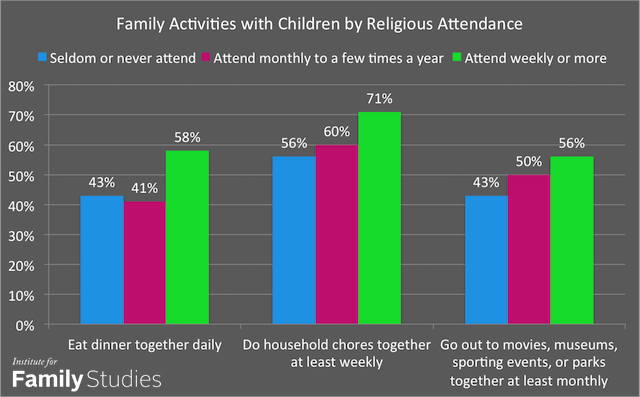Highlights
It’s a message we hear more and more: religion is bad.
And certainly recent headlines — from terrorist attacks perpetrated by radical Islamists in Paris and San Bernardino to the strange brew of warped Christian fundamentalism that appeared to motivate alleged shooter Robert Dear at the Planned Parenthood clinic in Colorado Springs — feed the idea that religion is a force for ill in the world. But in “The End of Faith: Religion, Terror, and the Future of Reason,” Sam Harris not only asserts that the “greatest problem confronting civilization” is religious extremism, he further waxes that it’s also “the larger set of cultural and intellectual accommodations we have made to faith itself.”
Taken together with the assessment of social scientists — the high priests of our contemporary culture — the message, increasingly, is clear. Just last month, a new University of Chicago study conducted by psychologist Jean Decety posited that religious children are less altruistic than children from more secular families. He went so far as to contend that his results reveal: “how religion negatively influences children’s altruism. They challenge the view that religiosity facilitates prosocial behavior, and call into question whether religion is vital for moral development — suggesting the secularization of moral discourse does not reduce human kindness. In fact, it does just the opposite.”

Source: NORC General Social Survey, controlling for education, gender, race, ethnicity, age and region.

Source: Deseret News/BYU American Family Survey, controlling for age, gender, race, marital status, education, and family income.














